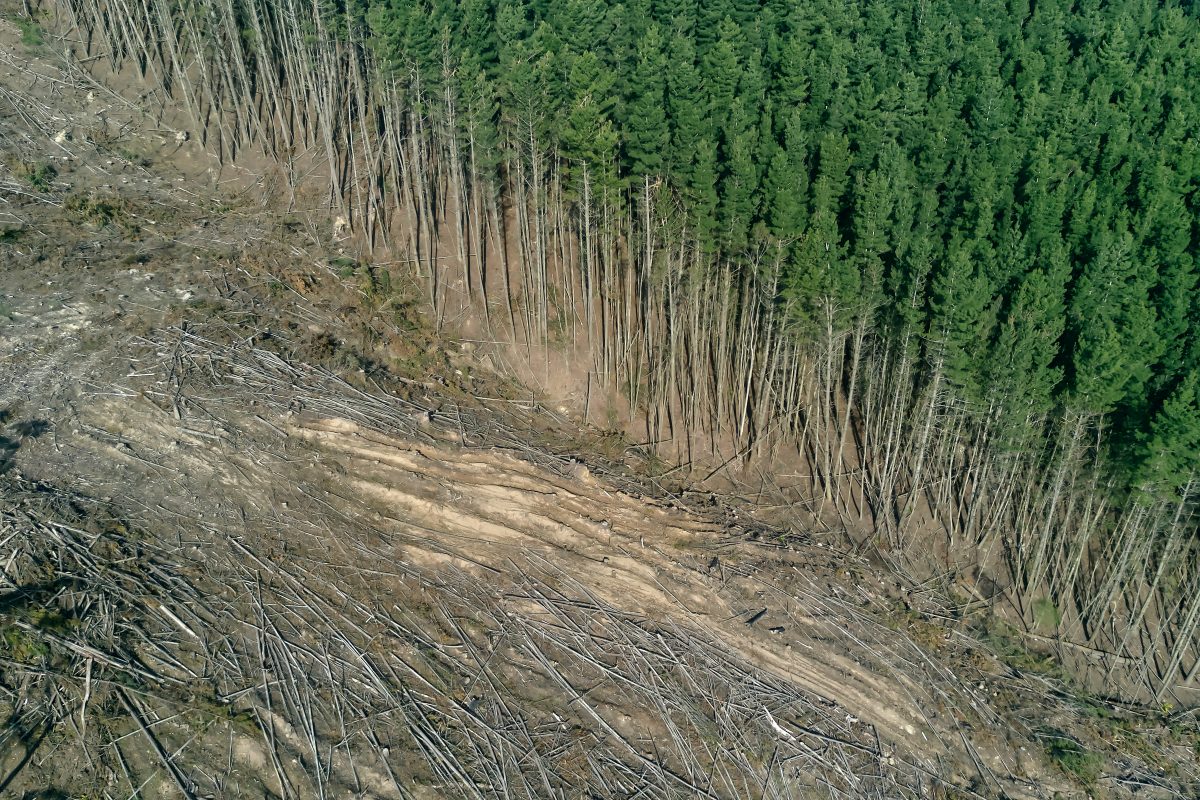A survey commissioned by the plant-based cheese brand, Nurishh, found that over a third of Brits wanted to switch to a plant-based diet this year, but over a third of them thought they would fail within two weeks.
Similarly some KU students who attempted to adapt to a plant-based lifestyle as a part of Veganuary have since returned to consuming animal products.
A second-year business management student, Shaniah Ballester, said: “I really did try to be vegan, but I stopped because I found it hard to find the right substitutes. I understand how important it is for the wellbeing of animals and for our environment, I just need more time to get into it.”
She added: “I think it definitely showed me that I can reduce my meat and dairy intake but eliminating it completely in one go is really difficult.”
Veganuary saw a record number of participants signing up to the campaign this year with over 600,000 people taking part in the initiative.
The global campaign aims to encourage people to give up animal products such as meat, fish and any dairy products for the month of January.
A second-year computer science student, Sajith Thanapakaran, who also attempted to change his diet in January, said: “It was super hard for me to go vegan. Things like chocolate and cheese are so hard to keep out of my diet.
“I think the key is balance. I have stopped eating a lot of meat and dairy products since January and plan on keeping it that way.”
A study by the University of Oxford found that adopting a vegan lifestyle is “the single best way” to reduce our environmental impact. The study found it could reduce an individual’s carbon footprint by up to 73 per cent.
Being vegan would not only result in a significant drop in greenhouse gas emissions but would also free up wild land lost to agriculture.

Going vegan is the most sustainable way forward, but even going vegetarian or trying to cut out as much meat as possible will considerably reduce your carbon footprint.
For more information about going veganism and sustainability, visit The Vegan Society.

